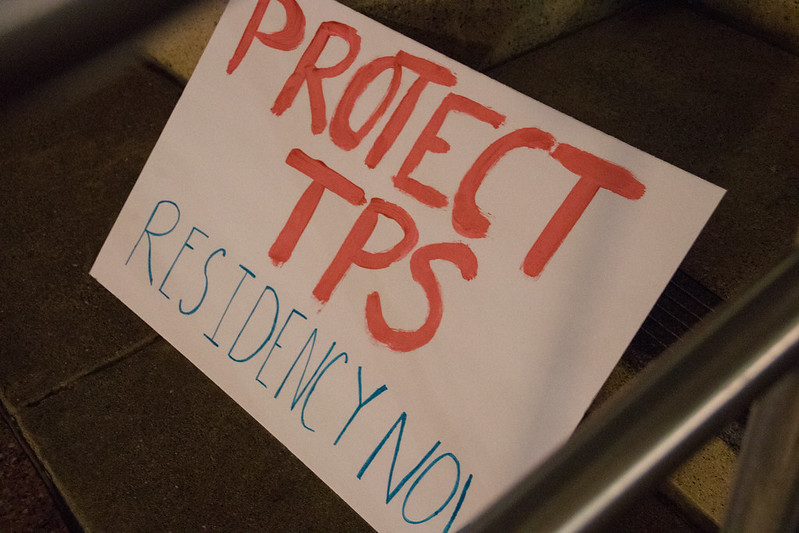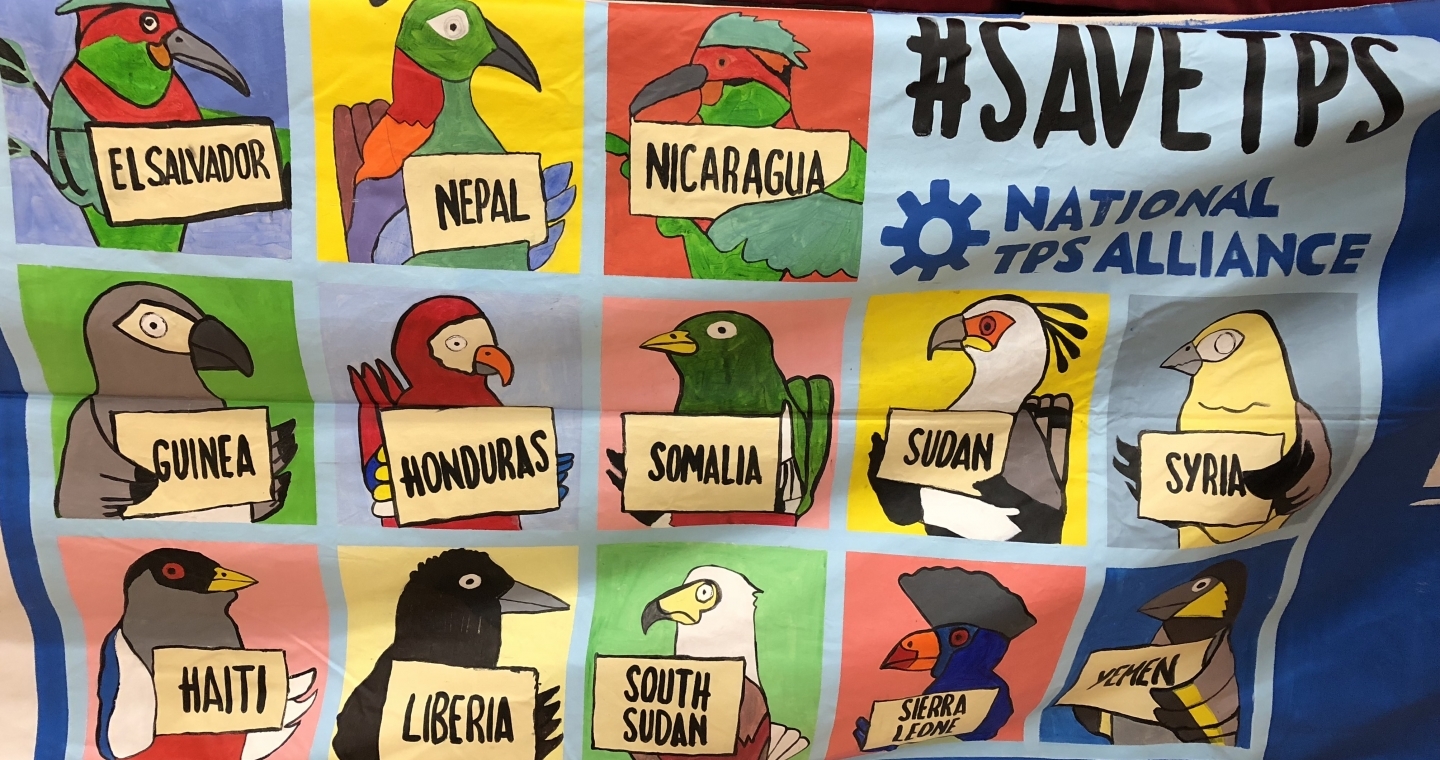News > Immigration In The United States
Temporary Protected Status Updates
Posted on Jun 21 2021

Burma and Haiti joined Venezuela in receiving new grants of Temporary Protected Status (TPS) under the Biden administration. The Department of Homeland Security (DHS) designates foreign countries for TPS when conditions in the country prevent citizens of that country from safely returning, or when the country is unable to adequately handle the return of its citizens. Possible examples that may lead to TPS designation include ongoing armed conflicts and major environmental disasters.
On Friday, March 12, 2021, Secretary of Homeland Security Alejandro N. Mayorkas designated Burma (Myanmar) for Temporary Protected Status (TPS) for 18 months. TPS for Burma (Myanmar) comes in response to the coup on February 1, 2021 and the ensuing crackdown on protesters.
This new designation enables citizens of Burma and individuals without nationality to file applications for TPS if (1) they were living in Burma (Myanmar) right before coming to the US, and (2) they have resided continuously in the United States since March 11, 2021. During the designated TPS period, TPS holders are allowed to live in the United States and cannot be detained by DHS just on the basis of their immigration status. TPS holders are eligible to apply for an employment authorization document (EAD) and for travel authorization.
Shortly following the Burmese TPS designation on May 22, Mayorkas announced a new TPS designation for Haiti for 18 months. Specific duration dates for the designation and instructions for applying for TPS will be included in the upcoming Federal Register notice on TPS Haiti.
With the extension of TPS for Haiti, Haitians who have been in the United States continuously since May 21, 2021, will be eligible to apply for, or extend, TPS until November 2022. Approximately 55,000 Haitians currently hold TPS. TPS for Haiti was initially designated in January 2010 following the devastating earthquake in Haiti.
ILCM staff attorney James Rasmussen spoke with the Sahan Journal about the Biden administration’s recent decision to extend TPS to immigrants from Burma (Myanmar) and Haiti.
“‘We are seeing an increase in violence around the world, and an increase in unrest and unsafe conditions that have been brought on by the COVID-19 pandemic,’ Rasmussen said. ‘The underlying principle for Temporary Protected Status is that it is a form of humanitarian relief.’”
Rasmussen added that there are multiple benefits to receiving TPS on top of protection from deportation. Recipients can get work permits, which means they can support their families, and also get driver’s licenses.”
Venezuela had been designated for TPS in March.
On June 7, the Supreme Court dealt a blow to potential TPS recipients in a unanimous ruling saying that noncitizens who have been granted temporary humanitarian relief from deportation cannot use the process known as “adjustment of status” to obtain lawful permanent residency in the United States without leaving the country.
The unanimous decision said that people with TPS are not eligible to apply for green cards (permanent legal residence) if they entered the United States without authorization. The Supreme Court’s decision is based on the language of the statute, which Congress can change.
You may have heard ILCM Executive Director Veena Iyer speaking about this ruling on WCCO Radio. Veena spoke to the fact that Congress must act in order to create a pathway to citizenship for these individuals and all immigrants and refugees.
“Congress must act to protect individuals with temporary protected status and the millions of Dreamers and immigrant workers who lack a pathway to permanent legal status and citizenship,” said Veena Iyer, executive director of the Immigrant Law Center of Minnesota (ILCM). “Changing the law underlying the Supreme Court’s decision today is one way for Congress to support a subset of TPS holders, but broader immigration reform is needed so long- term residents are able to obtain a green card and citizenship regardless of how they initially entered. All of us need these parents, grandparents, brothers and sisters, nurses, doctors, farm workers, artists—these absolutely essential members of our communities.”
 The administration is considering further designations of TPS, with advocates pressing for TPS for Cameroon, and redesignation of TPS for Guatemala, Honduras, El Salvador, and Nicaragua. Redesignation would allow new applications for TPS from nationals those countries who are already living in the United States.
The administration is considering further designations of TPS, with advocates pressing for TPS for Cameroon, and redesignation of TPS for Guatemala, Honduras, El Salvador, and Nicaragua. Redesignation would allow new applications for TPS from nationals those countries who are already living in the United States.
More than 2,000 TPS holders live in Minnesota. They have built lives here, with U.S. citizen spouses and children, employers, churches, and communities. A pathway to citizenship will recognize this reality and protect TPS holders whose real home is now here.




